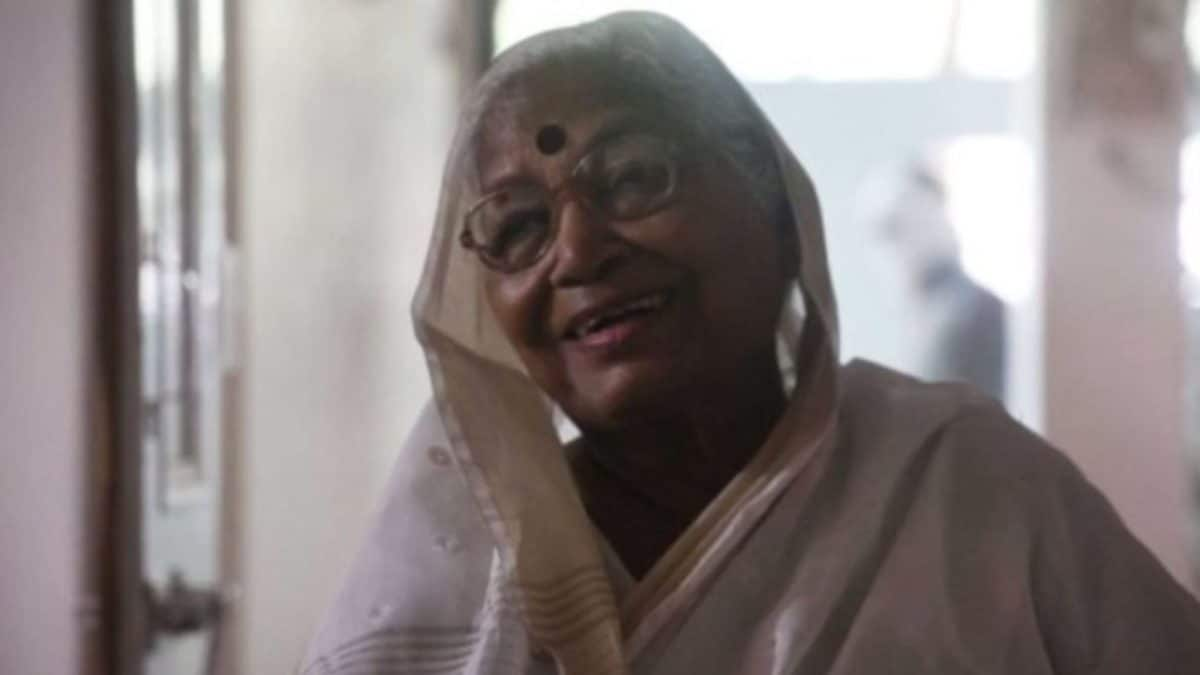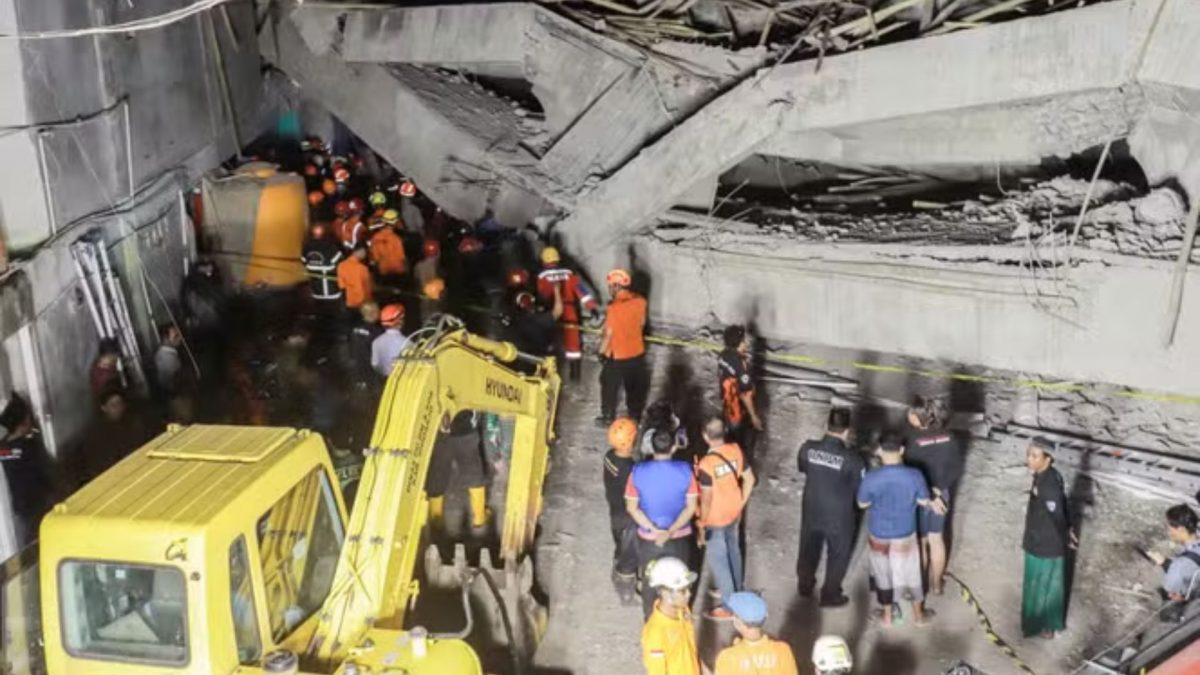Last Updated:
Japan’s enviable longevity is not the result of luck. It is the outcome of deliberate choices and cultural habits. The Japanese diet is rich in vegetables, fish, soy, and seaweed.

Daily life in Japan also naturally encourages movement. Public transport and walkable neighborhoods mean that people of all ages are on their feet. (Image: Representative)
When you compare the average Indian lifespan to that of the Japanese, the gap is striking. Indians today can expect to live just over 72 years on average, while in Japan that number touches 85.
That is not just a statistical difference. It is more than a decade of family time, of retirements lived, of grandparents watching grandchildren grow. The question is why this gap exists and what India must learn from Japan if it wants its citizens to live longer, healthier lives.
Recommended Stories
Early life losses
India’s first challenge lies at the very beginning of life. Over the past two decades, the country has made real progress in reducing infant and child mortality. Yet preventable deaths in the first five years of life remain far higher than in Japan.
Malnutrition, gaps in sanitation, unsafe childbirth conditions, and patchy vaccination coverage still claim too many lives. Every baby who does not survive infancy pulls the national life expectancy number down, and the sheer scale of these early losses helps explain why India’s average remains stuck a decade behind Japan’s.
Midlife killers that strike too soon
Where Japan sees many of its citizens remain healthy into their seventies, India struggles with chronic diseases that arrive much earlier. Heart disease, stroke, diabetes, and certain cancers claim Indians in their thirties, forties, and fifties. Doctors routinely warn that heart attacks in young professionals have become disturbingly common.
Smoking, alcohol consumption in some regions, poor diet choices, and sedentary lifestyles accelerate the decline. By the time many Indians reach the age when the Japanese are still enjoying relatively good health, the burden of illness is already heavy.
The invisible weight of pollution
Air pollution in India quietly cuts away at life expectancy. Fine particles from vehicles, industries, crop residue burning, and construction sites seep into lungs and bloodstream. Long-term exposure does not just cause respiratory issues; it is linked to heart disease, strokes, and even diabetes.
Japan, despite its urban density, enforces stricter emission controls and manages to keep urban air cleaner. In India, winters in northern cities bring smog so heavy that it becomes almost a seasonal ritual, but each wave of polluted air carries a toll measured in shortened lives.
Death on the roads
Another major factor dragging down life expectancy in India is the sheer number of road accidents. The country records some of the highest road traffic deaths in the world. These deaths are particularly tragic because they often claim young men in their twenties or thirties, decades before natural causes would have ended their lives.
In Japan, road safety is far stricter. Helmets, seatbelts, speed enforcement, and pedestrian-first urban planning help prevent fatalities. Saving a 25-year-old from a fatal crash does not just preserve one life, it adds half a century back to the national average.
Uneven healthcare and prevention
Healthcare access has improved in India, especially with insurance coverage expanding and primary health centres reaching further. Yet continuity of care is weak. Millions live with high blood pressure or diabetes without being diagnosed, without treatment, or with inconsistent adherence to medication. These are silent risks.
They rarely cause immediate discomfort but slowly build up until they explode into a crisis like a stroke, kidney failure, or heart attack. Japan’s healthcare system, by contrast, makes regular checkups a norm. Early detection and steady follow-up help prevent the silent killers from cutting lives short.
What Japan does right
Japan’s enviable longevity is not the result of luck. It is the outcome of deliberate choices and cultural habits. The Japanese diet, for one, is traditionally rich in vegetables, fish, soy, and seaweed.
Portions are smaller, meat and sugar consumption is lower, and green tea is a daily staple. This diet helps keep obesity and lifestyle diseases in check.
Preventive healthcare is built into the system. Universal coverage ensures that everyone can afford checkups and follow-ups. Hypertension, cholesterol, and high blood sugar are caught early and treated before they wreak havoc. This simple model of prevention saves years at the population level.
Daily life in Japan also naturally encourages movement. Public transport and walkable neighborhoods mean that people of all ages are on their feet.
Elderly people take part in community exercises, sometimes as simple as morning stretches broadcast on the radio. Staying physically active without needing structured gym sessions keeps muscles, bones, and hearts stronger into old age.
Safety is another area where Japan excels. Strict road rules and high compliance reduce fatal accidents. And finally, there is the social fabric. Elderly people are not abandoned.
Community groups, clubs, and social traditions give them a sense of purpose and belonging. Loneliness, often associated with shorter lives, is less severe.
India’s common mistakes
Put simply, India ignores the very risks that silently erode life expectancy. High blood pressure and diabetes are treated casually, often only after a medical emergency. Air pollution is accepted like the weather, as if nothing can be done about it, when in fact it is the product of policy failures.
Processed, salty, fried foods are replacing healthier traditional diets. Cities are built around cars, not pedestrians, making everyday exercise inconvenient or unsafe. And road safety laws are weakly enforced, with helmets and seatbelts often ignored. Each of these mistakes chips away at life years.
What India can apply now
The good news is that much of this can change without waiting decades. At a policy level, India could enforce seasonal curbs on crop burning, regulate construction dust, and cut diesel pollution to improve air quality.
A national push on road safety with mandatory helmets, strict speed checks, and seatbelt enforcement could save thousands of young lives each year. Salt and sugar reduction campaigns, combined with food labelling reforms, could bring down hypertension and obesity rates.
Healthcare systems need to prioritise prevention. Routine checks for blood pressure, blood sugar, and waist size should become as common as school vaccinations once were. Affordable generic medicines and strong follow-up care can prevent chronic conditions from spiralling out of control. Cancer screenings and vaccines for preventable diseases can also reduce premature deaths.
At the community and household level, smaller changes matter. Designing cities to encourage walking and cycling, clearing sidewalks, and providing safe crossings can make physical activity part of daily life.
Families can know and track their basic health numbers, clean up diets by cutting processed snacks and excess salt, and encourage more walking through chores and errands. Safety basics like helmets, seatbelts, no phone while driving should become non-negotiable.
What not to copy from Japan
It is important to note that Japan’s longevity comes despite some social strains. The culture of long work hours and stress has given rise to the term “karoshi,” or death from overwork. This is not an aspect worth emulating.
Japan also faces the burden of ultra-low birth rates, which makes eldercare more challenging. India must aim for longevity balanced with strong family and social support systems.
The Road Ahead
Closing a 13-year gap in life expectancy is not a dream. If India can focus on three areas – air quality, road safety, and control of hypertension and diabetes, it could add years to millions of lives within a single generation. Japan shows that longevity is not a matter of mystique or miracle. It is the result of steady systems, preventive health, cultural habits, and community ties that compound over decades.
For India, the lesson is clear: act now, and the next generation could live not just longer, but healthier and more fulfilling lives.
September 30, 2025, 10:23 IST
Loading comments…
Scan the QR code to download the News18 app and enjoy a seamless news experience anytime, anywhere
Go to Source
Author: News18



)